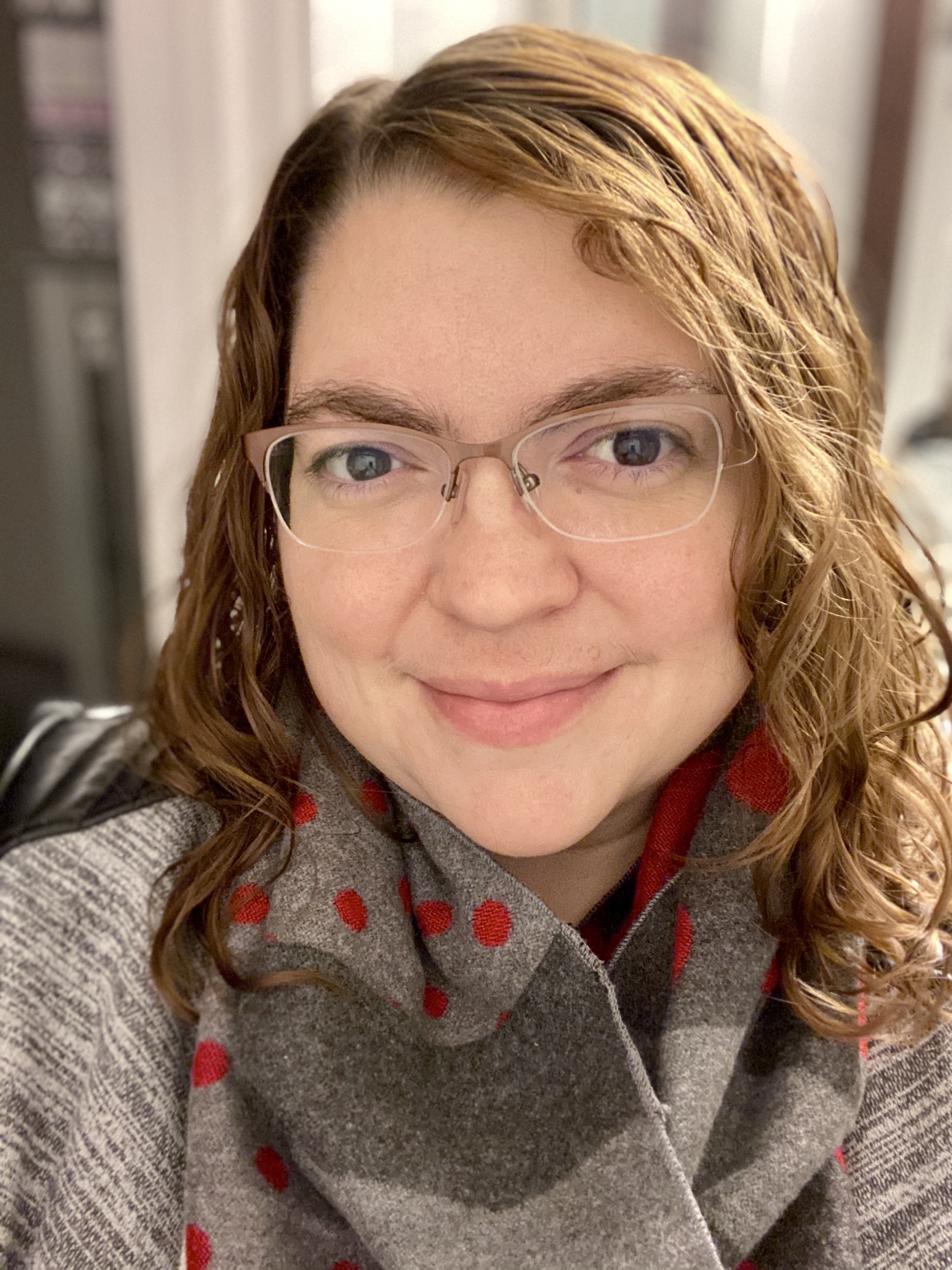“The importance of the humanities in educating citizens is why we have undoubtedly seen the consequences of the decline in of the liberal arts nowhere more than in the quality of the public debate. The disappearance of the liberal arts from American education has meant the disappearance of the liberal arts from American culture. . . . The quality of arguments that are regularly entertained would never stand a chance if the majority of the public had been thoroughly shaped by an education with a focus on history, rhetoric and basic geography.” – Katie Billotte in Conservatives Killed the Liberal Arts
Don’t let the title of this article dissuade you from reading it. Yes, it is attacking conservative political movements, but I don’t necessarily think the “death of liberal arts” is that simple. As everything that happens in America, it’s much more complicated. Sometimes we look back on actions of past political figures and it seems clear they did what they did to illicit a specific outcome or to set a chain of events in motion that would ultimately benefit their party, but perhaps their actions were actually more motivated by immediate causes and effects. The author, Katie Billotte, makes a decent case for blaming conservatives, but what I find appealing about this piece is the history of liberal arts in society and how we can use liberal arts to restore intelligent public discourse. I’m not saying only college-educated people should participate in our political realm. Everyone has opinions in our country and they should voice them, but by encouraging education, including a strong liberal arts education, from an early age and throughout high school, we can ensure we share those opinions through quality arguments.
And in order to create a well-represented, well-rounded dialogue, we need more diversity in liberal arts higher education. In an essay for The Weekly Standard, Joseph Epstein explains how part of the major problem with liberal arts is that only an elite, privileged few gain entry to expensive liberal arts colleges. When looking at the Greek and Roman definition, Billotte points out liberal arts—history, rhetoric and literature—“were seen as the skills a citizen needed for his job: governing.” The problem with the decline of liberal arts in America is that only a small number of citizens possess these skills, and this small number is not diverse and does not represent most of our citizens, especially lower-income families.
I remember as an undergraduate student, my humanities teachers often lamented the idea of education just being about learning how to think critically and examining yourself and the world and society. Now it’s all about making As and getting a degree to get a better paying job. As someone who would stay in school forever if I could afford it, I thought this sounded like utopia—to attend college just to learn. But I also felt the weight of my school loans. That idea of college ended long ago in the United States. We’ve created a culture where only the rich can attend school purely for education, and even they want to know their degrees will permit them to secure high-paying jobs. What’s worse, even citizens who want to enter the field of science and engineering and other majors that will grant them high-paying professions often cannot afford college. Yes, there is a role for everyone in our country, from the mechanic who learns through hands-on experience to the lawyer who spends ages in post-graduate education. No one is better than the other one. But everyone should have the opportunity to choose. Perhaps that choice is to attend college and build a liberal arts education simply to understand your world in a different way, then after graduation, work as a mechanic.
Unfortunately, there are numerous other problems with our education system in the United States, too many to address here.
I suggest reading both of these pieces, and many other opinions, studies and research on education in America. I don’t agree with everything in either article, but I do agree with educating ourselves and examining our world. Reading, even reading opinions you don’t agree with, is one step in achieving that goal.






